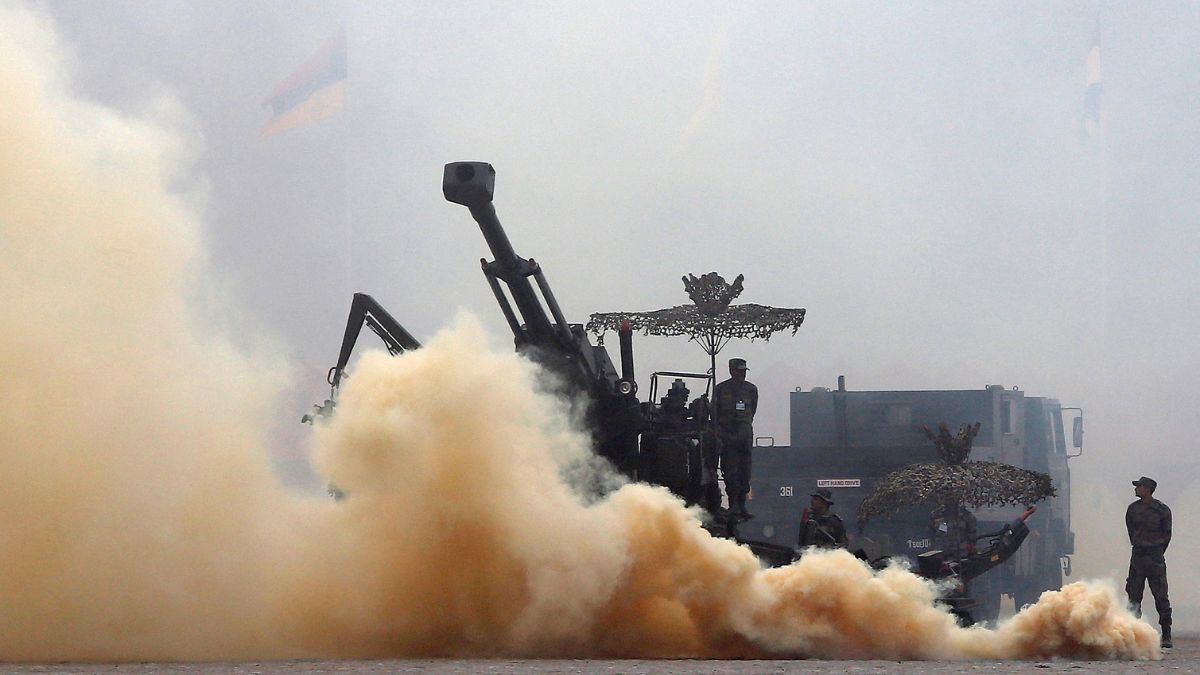

In the wake of Operation Sindoor, the Indian Army is prioritizing the procurement and deployment of drones and anti-drone systems across its battalions. This move underscores a growing recognition of the importance of unmanned aerial systems (UAS) and counter-UAS (C-UAS) in modern warfare, driven by recent conflicts and the need for enhanced security along India's borders.
Operation Sindoor, launched in early May 2025 as a counter-terrorism strike in response to the Pahalgam attack, highlighted the effectiveness of indigenous defense systems and the critical role of drones in intelligence, surveillance, and reconnaissance (ISR). The operation, which involved precision strikes against terrorist bases in Pakistan and Pakistan-Occupied Kashmir, showcased India's ability to employ advanced technology for targeted attacks while minimizing risks to personnel.
The Indian Army is now focused on equipping its battalions with a range of drones, including hybrid mini-UAVs for ISR missions, and loitering munitions for precision strikes. These drones are expected to enhance situational awareness, improve target acquisition, and provide real-time intelligence to troops deployed in counter-terrorism environments.
The decision to bolster drone capabilities is also driven by increasing concerns over border security and the need to monitor troop movements along the borders with Pakistan and China. The challenging operational environment in mountainous regions, where traditional surveillance methods are limited, necessitates the use of UAVs capable of operating at high altitudes.
In addition to acquiring drones, the Indian Army is also investing in anti-drone systems to neutralize hostile drones and protect critical infrastructure. Operation Sindoor saw the successful deployment of India's indigenous D4 Anti-Drone System, which detected and destroyed enemy drones. The army is now looking to enhance its counter-drone capabilities with integrated drone detection and interdiction systems, as well as vehicle-mounted counter-drone systems that can automatically detect, classify, and neutralize hostile drones using advanced sensors.
The focus on indigenous solutions is a key aspect of the Indian Army's modernization drive. The government is promoting the "Atmanirbhar Bharat" (Self-Reliant India) mission, encouraging domestic manufacturers to develop and supply defense technology. Several Indian companies, including ideaForge Technology, Adani Defence, and Larsen & Toubro, are playing a significant role in providing drones and anti-drone systems to the armed forces.
A recent contract worth approximately ₹137 crore (USD $16.4 million) was awarded to ideaForge Technology for hybrid mini-UAV systems, with key components sourced from countries that do not share a border with India. This procurement reflects growing security concerns regarding critical defense technology supply chains.
The Indian Army's emphasis on drones and anti-drone systems reflects a broader trend towards autonomous warfare and the increasing importance of technology in modern conflicts. By equipping its battalions with these advanced systems, the army aims to enhance its operational readiness, improve its ability to respond to emerging security challenges, and reduce its dependence on foreign suppliers.
The success of Operation Sindoor has provided a major boost to the Indian defense sector and has bolstered confidence in the capabilities of native manufacturers to increase self-reliance in the defense arena. The Indian Army is expected to continue investing in drones and anti-drone systems in the coming years, with a focus on developing indigenous solutions that meet the specific needs of the Indian military.